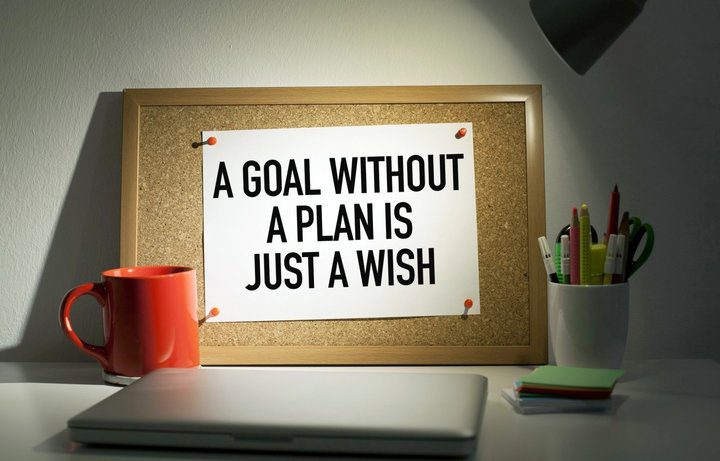Comparatives and Superlatives
COMPARATIVE ADJECTIVES
Comparative adjectives are used to compare differences between the two objects they modify (larger, smaller, faster, higher). They are used in sentences where two nouns are compared, in this pattern:
Noun (subject) + verb + comparative adjective + than + noun (object).
The second item of comparison can be omitted if it is clear from the context (final example below).
EXAMPLES
- My garden is larger than hers.
- This book is thicker than the one I bought.
- Your dog runs faster than Tom’s dog.
- Birds fly higher than ducks.
- Peter and John are both my friends, but I like Peter better. (“than John” is understood)
SUPERLATIVE ADJECTIVES
Superlative adjectives are used to describe an object which is at the upper or lower limit of a quality (the tallest, the smallest, the fastest, the highest). They are used in sentences where a subject is compared to a group of objects.
Noun (subject) + verb + the + superlative adjective + noun (object).
The group that is being compared with can be omitted if it is clear from the context (final example below).
EXAMPLES
- This building is the tallest one in our city.
- This is the smallest book I’ve ever seen.
- Your horse ran the fastest of any horses in the race.
- We all threw our rocks at the same time. My rock flew the highest. (“of all the rocks” is understood)
FORMING REGULAR COMPARATIVES AND SUPERLATIVES
Forming comparatives and superlatives is easy. The form depends on the number of syllables in the original adjective.
ONE SYLLABLE ADJECTIVES
Add -er for the comparative and -est for the superlative. If the adjective has a consonant + single vowel + consonant spelling, the final consonant must be doubled before adding the ending.
| Adjective | Comparative | Superlative |
| large | larger | largest |
| smart | smarter | smartest |
| big | bigger | biggest |
| fast | faster | fastest |
TWO SYLLABLES
Adjectives with two syllables can form the comparative either by adding -er or by preceeding the adjective with more. These adjectives form the superlative either by adding -est or by preceeding the adjective with most. In many cases, both forms are used, although one usage will be more common than the other. If you are not sure whether a two-syllable adjective can take a comparative or superlative ending, play it safe and use more and most instead. For adjectives ending in y, change the y to an i before adding the ending.
| Adjective | Comparative | Superlative |
| lucky | luckier | luckiest |
| simple | simpler | simplest |
| busy | busier | busiest |
| tilted | more tilted | most tilted |
| tangled | more tangled | most tangled |
THREE OR MORE SYLLABLES
Adjectives with three or more syllables form the comparative by putting more in front of the adjective, and the superlative by putting most in front.
| Adjective | Comparative | Superlative |
| important | more important | most important |
| expensive | more expensive | most expensive |
IRREGULAR COMPARATIVES AND SUPERLATIVES
These very common adjectives have completely irregular comparative and superlative forms.
| Adjective | Comparative | Superlative |
| good | better | best |
| bad | worse | worst |
| little | less | least |
| much | more | most |
| far | further / farther | furthest / farthest |
EXAMPLES
- Today is the worst day of my life.
- She plays badminton better than I do.
- This is the least expensive coat in the store.
- This shirt is less expensive than that one.
- I jog pretty far yesterday, but I jogged even farther

